Before officials got wind of it, the coronavirus may have spread in King County, Washington. Several residents at the Life Care Center nursing home have fallen ill due to the virus. Many of the deaths are linked to the facility. Thirteen people have now died in Washington state, and California also saw its first death from the virus. With 70 cases, Washington has the highest number of COVID-19 cases, California with 49 cases, and New York with 22. There are now 230 cases in 19 states, but the remaining 16 states have between one and five cases. This number also includes those who contracted the virus on the Diamond Princess Cruise ship and three individuals repatriated from China.
Self-Quarantine
With the virus spreading through the United States, over 2,500 people in New York have been asked to self-quarantine. A self-quarantine means health officials are asking those who may have been exposed to the virus to do their best to prevent the spread to others. For those who are asked to self-quarantine, here is what you’ll need to do:
- Stay home for 14 days (do not go to work or school)
- Do not have visitors in your home for 14 days
- Do not travel or go anywhere outside your home for 14 days
- Avoid direct contact with other people for 14 days
I can’t stress how important it is to self-quarantine if asked to do so. If you’re asked to do this, it does not mean that you are infected with the coronavirus. You may have been exposed to it because of your proximity to others with the virus. You, therefore, need to stay home and monitor your symptoms. Call friends or family members to drop off items if you need food at your doorstep. Do not come in direct contact with them if you may have the virus.
Those living with others who have not contracted the virus, do your best to stay away from one another. Quarantine yourselves in separate rooms and avoid touching the same household items. Ensure to disinfect frequently touched surfaces regularly, such as light switches, doorknobs, and faucet taps.
And I always stress the importance of proper hygiene when sick, but it is now paramount to practice these habits. Wash your hands often with soap and water for 20 seconds, and cover your coughs and sneezes – it’s best to cough into your elbow.
Disinfectants and Soaps
Unless your doctor has instructed you otherwise, normal soap is recommended for handwashing and disinfecting. While many soap brands label themselves antibacterial, this is largely a marketing tool. There’s no evidence supporting antibacterial soap being any better than other soaps.
When it comes to disinfectants, the United States Environmental Protection Agency (EPA) has a five-page list that can be used against COVID-19. However, here are the six I recommend that you’ll likely recognize and may already have in your home:
- Clorox Disinfecting Wipes
- Clorox Disinfecting Spray
- Clorox Multi-Surface Cleaner + Bleach
- Lysol Disinfectant Max Cover Mist
- Lysol Heavy-Duty Cleaner Disinfectant Concentrate
- Purell Professional Surface Disinfectant Wipes



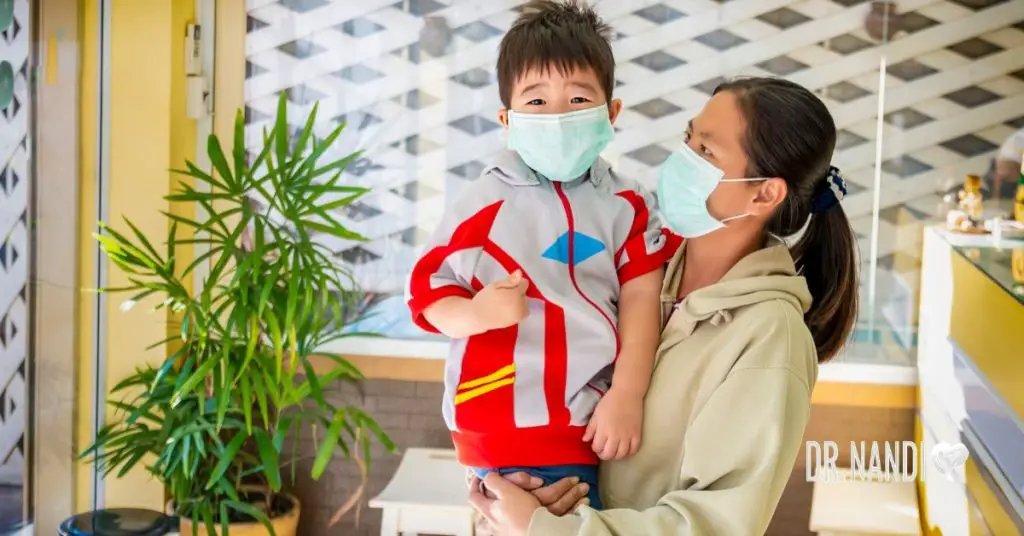

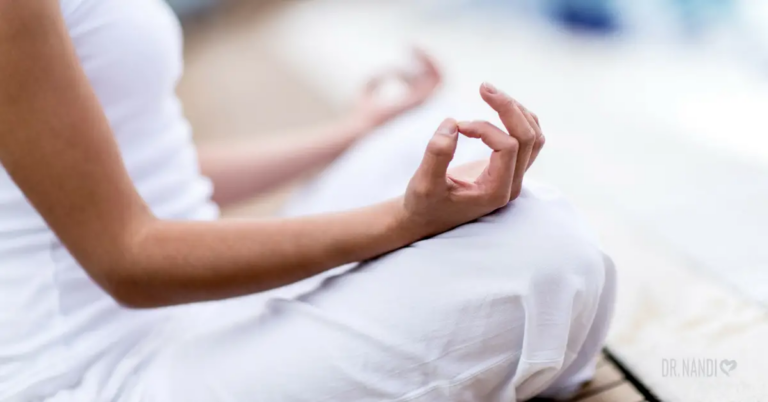
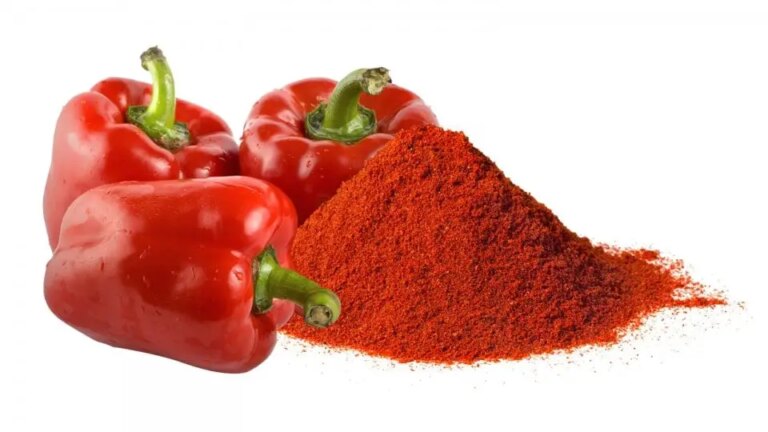
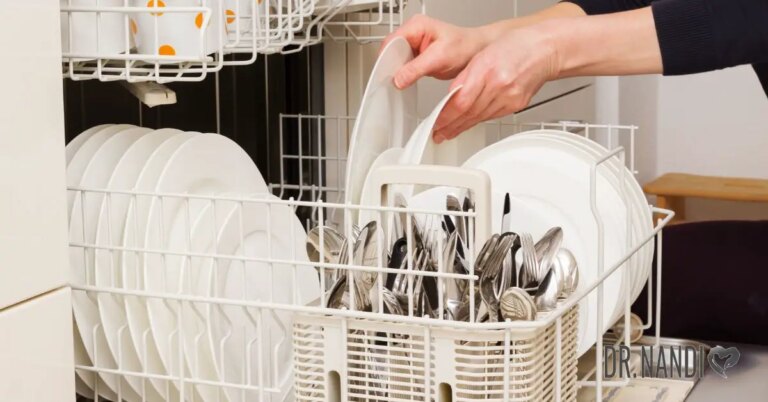
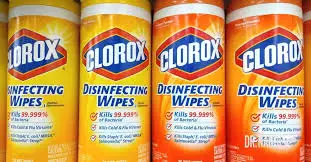
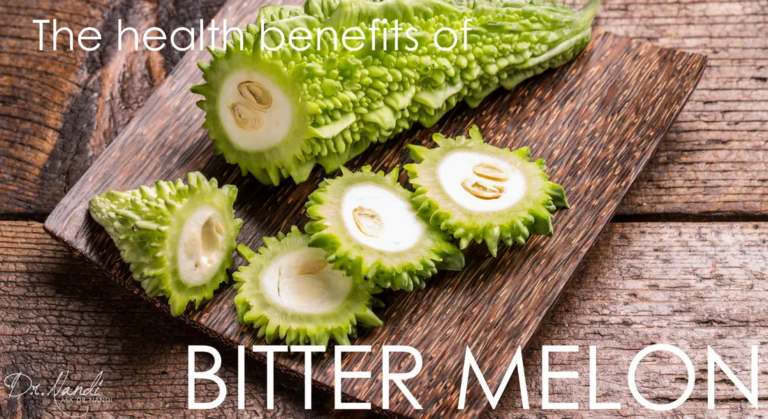

 Subscribe to Ask Dr. Nandi YouTube Channel
Subscribe to Ask Dr. Nandi YouTube Channel









